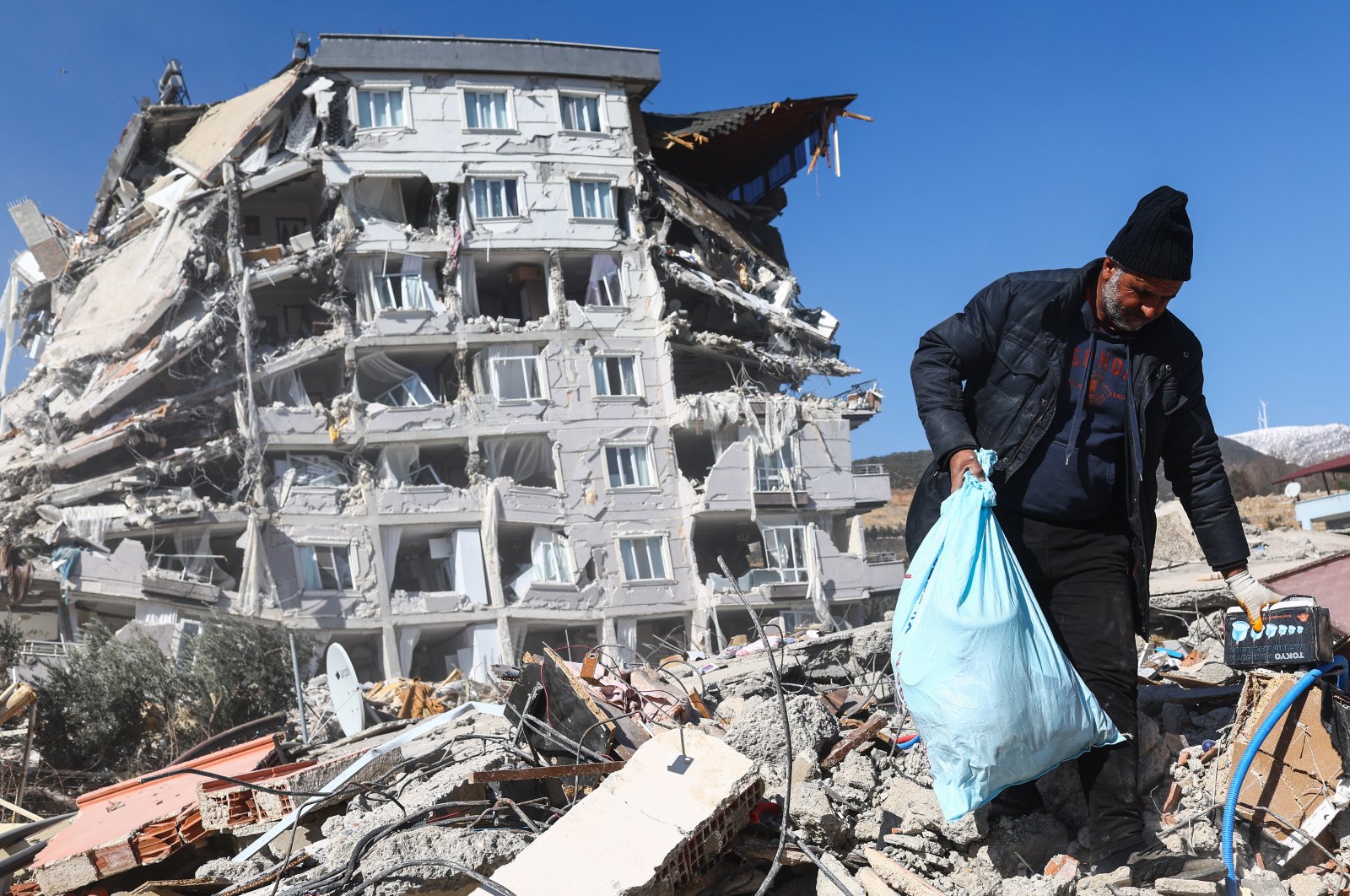
Following the two major earthquakes that shook Türkiye's southeastern parts, devastating 10 provinces of the country last Monday, experts now warn of epidemic diseases in the earthquake-affected areas
Clinical Microbiology and Infectious Diseases Specialist Serhan Sakarya highlighted the second danger at the door. The risk of highly contagious diseases such as cholera, typhoid fever, dysentery, scabies and lice is high due to lack of hygiene, poor sheltering conditions, living in groups, drinking water issues, and the mixing of drinking water with city sewers.
"In cases where diseases like cholera become widespread, and are not addressed, it occurs within the first six hours, and up to 30% of patients may succumb to the illness, depending on severity. Patients may also experience severe fluid loss," he explained.
According to Sakarya, there has been a significant rise in cases of diarrhea among both children and adults affected by the earthquake. His colleagues in the region have also reported an increase in parasitic diseases like scabies and lice.
Drinking water should be boiled
Highlighting the need for urgent action, Sakarya emphasized that the first priority for the authorities should be establishing a large unit with a tent or container. This unit should be equipped with bathrooms, toilets, dining halls and other necessary facilities.
"Given the serious problem with drinking water at the moment, citizens should boil water before consuming it. Additionally, it's important to be cautious while eating raw vegetables, as poor hygiene practices can lead to the spreading of diseases," he warned.
Cholera, COVID-19 may rise
Sakarya has warned of the high risk of diseases like hepatitis A, cholera, typhoid fever and dysentery in the earthquake-affected region. The contamination of water resources by sewage poses a serious threat to public health, with the potential for the rapid spread of epidemics.
Additionally, the risk of respiratory tract infections like influenza is likely to increase among people in close proximity to each other, and there is also a higher risk of COVID-19 transmission.
